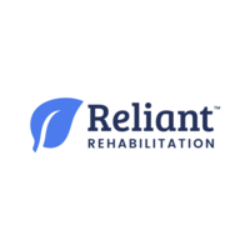The field of speech pathology grew in the 1920s as clinicians began to work with soldiers, returning home from World War II, suffering from brain injuries. Since then, speech and language pathologists (SLPs) have helped countless individuals as experts in the field of communication, swallowing disorders, and cognitive impairments in a variety of settings.
As we celebrate Better Hearing and Speech Month, we recognize SLPs and acknowledge their immense influence in improving the quality of our residents’ lives and being key members within our interdisciplinary teams (IDT).
With the introduction of the patient driven payment model (PDPM) in recent years, SLPs are now more than ever actively engaged with the IDT to ensure the MDS accurately portrays the residents’ clinical characteristics and skilled need. Since SLPs are qualified leaders in the areas of cognitive-linguistic impairments and dysphagia, including them in conversations as the MDS coordinator completes sections C, K, and I, can improve the accuracy of these assessment areas, as accuracy of the MDS remains a critical component of the PDPM and ensures resources are available for each resident’s unique needs. By working with the nursing team, SLPs also provide a multi-disciplinary approach to patient care that is focused on patient outcomes, ensuring both quality of life and quality of care expectations are exceeded.
Recently, as a result of SNFs receiving an unintended increase in payments, CMS has expressed its intention of recalibrating the PDPM “as quickly as possible,” in an attempt to restore it to the original budget-neutral goal. As CMS continues to monitor PDPM and its effects on payments, the IDT will need to ensure accurate and thorough medical documentation is present within the patients’ charts. Due to a sharp change in utilization for speech resources, CMS will be reviewing cases to ensure that speech services were directly linked to a doctor’s order, such as for patients with swallowing issues who require a modified diet.
This month we pause to thank our SLPs and their dedication. Since the inception of the field of speech and language pathology, SLPs continue to rise to the challenge daily. Staying abreast of the latest advances in their field including regulatory changes and requirements, they continue to advocate for the necessity of speech language pathology interventions for the safety and well-being of individuals. SLPs remain a valuable asset to the IDT as a facility leader in dysphagia management, communication and cognitive interventions, and patient and caregiver education.


